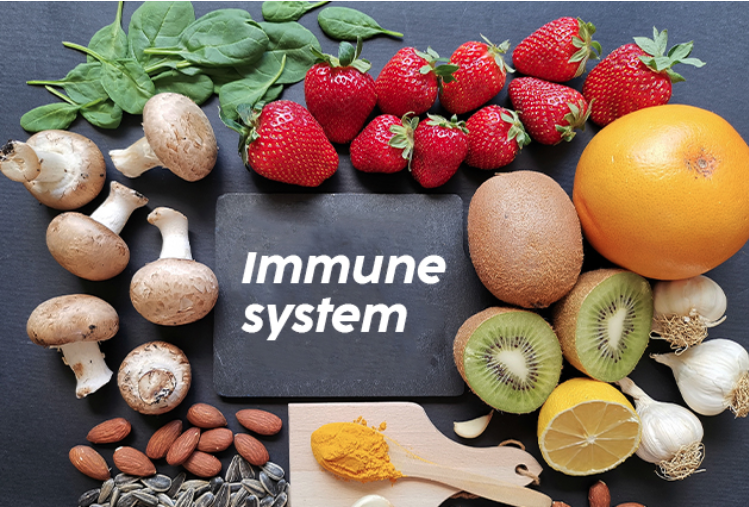
In Increase times, there has been a growing interes in optimizing the immune system to promote overall health and well-being. The immune system plays a critivcal role in proteching our bodies from infections, diaseases, and harmful pathogenes. While genetics and environmental factors influance immune function, there are several strategies individuals can adopt to optimizing their immune system and bloster its effectiveness. This article delves into various appproaches that can help enhance immune function and promote a healtheir lifestyle.
- Balance Diet (Maintaining a well-balanced diet is crucial for upporting optimal immune function. Include a variety of nutrient-rich foods such as fruits, vegetables, whole grains, lean proteins, and healthy fats in your daily meals. These foods provide essential vitamins, menerals, and antioxidants that strengthen the immune system. Adequate intake of vitamin C, Vitmin D, zinc, and omega-3 fatty acids has been linked to iprove immune response.
- Regular Exercise: Engaging in regular physical activity has numerous benefits, including optimizing the immune system. Exercise improves blood circulation, reduces stress, and helps manage body weight. Moderate-intensity activities like brisk walking, swimming, or cycling for at least 30 minutes a day can enhance immune function. However, excessive exercise or overtraining can have the opposite effect, temporarrily weakening the immune system, so moderation is key.
- Suffcient Sleep: sleep plays a vital role in maintaining a healthy immune system. During sleep, the body repaies and rejuvantes itself, strengthening immune response. Aim for 7-9 hours of quality sleep each night to promote optimal immnune function. Establishing a consistent sleep routine, creating a sleep -frendly environment, and practicing relaxation techniques can improve sleep quality.
- Stress Managemen: Chronic stress can have deterimental effects on the immune system, making individuals more susceptible to infections and diseases. Engage in stress-reducing activities such as medition, deep breating exercises, yoga, or spending time in nature. Finding healthy coping mechanisms and managing stress levels effetively can support immune system optimization.
- Hydration: staying adquately hydrated is esential for overall health, including immune function. Water hrlps transport nutrients, flush out toxins, and maintain optimal bodily finctions. Aim to drink at least 8 cups (64 ounces) of water daily, and adjust the intake based on factors like physical activity, climate, and individuals needs.
- Avoiding Harmful Substances: Certain subtances can compromise immune function and overall health. Limit the consumption of alcohol, tobacco, and recreational drugs as they can weaken the immune system and make individuals more susceptible to infections. Additionally, minimize exposure to environmental toxins and pollutants whenever posssible.
- Good Hygiene Practices: Practicing good hygiene is a fundamental aspect of supporting a healthy immune system. Wash your hands frequently with soap and water for at least 20 seconds, especially before eating and after using the restroom. Advoid close contact with individuals who are sick, and cover your mounth and nose with a tissue or your elbow when coughing or sneezing.
- Conclusion: Optimizing your immune syste, is a proactive approach to promoting overall health and well-being. By adopting a balanced diet, engaging in regular exercise, ensuring sufficient sleep, managing stress effevctively, staying hydrated, avoiding harmful substances, and practicing good hygiene, individuals can strengthen their immune function and diseases. Remember, optimizing the immune system is a lifelong commitent that requaires consistent effort and healthy lifestyle choices.








